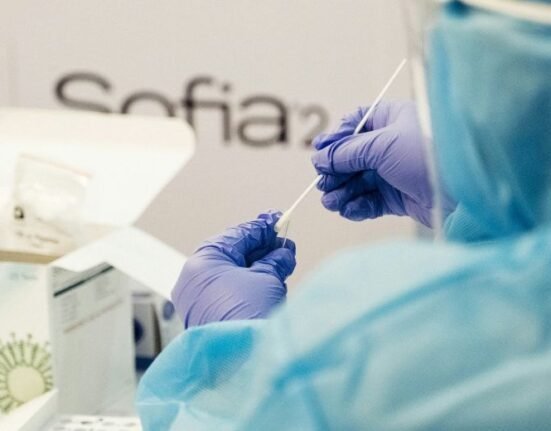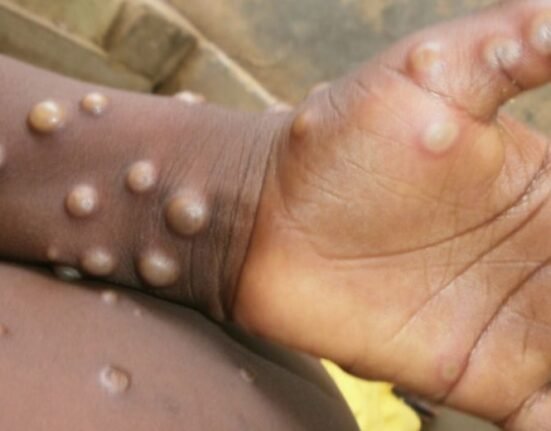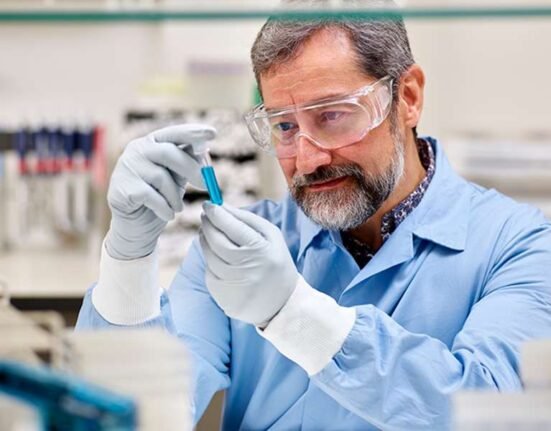HQ Team
June 5, 2023: Each year, approximately 14 million women are affected by Postpartum haemorrhage (PPH) PPH, with around 70,000 cases resulting in death. PPH is a leading cause of maternal deaths worldwide, especially in underdeveloped and developing countries such as Brazil where PPH ranks as the second leading cause of maternal mortality, surpassed only by high blood pressure. However, a recent study conducted by the World Health Organization (WHO) and the University of Birmingham has uncovered a simple and affordable intervention that could reduce severe cases of PPH by almost 60 percent during vaginal delivery.
The study focused on the E-MOTIVE intervention. These cases are defined by blood loss equal to or exceeding 1000 mL within 24 hours following delivery. The intervention also reduces the need for costly blood transfusions
In addition to reducing severe PPH, the intervention also notably decreased the need for costly and difficult-to-access blood transfusions.
To conduct the trial, 80 secondary-level hospitals across Kenya, Nigeria, South Africa, and Tanzania were randomly assigned to either the intervention group or the usual-care group. A total of 210,132 patients underwent vaginal delivery in these hospitals. Among hospitals and patients with available data, the primary outcome event occurred in only 1.6% of patients in the intervention group, compared to 4.3% in the usual-care group. Furthermore, PPH was detected in 93.1% of patients in the intervention group and 51.1% in the usual-care group. The intervention was implemented in 91.2% of cases, while the usual-care group employed it in only 19.4% of cases.
E-MOTIVE intervention
The E-MOTIVE intervention, designed for healthcare professionals, comprises three key elements. Firstly, it includes a strategy for early detection of PPH to trigger prompt treatment. Secondly, the intervention uses the MOTIVE first response bundle, which aligns with WHO guidelines and encompasses uterine massage, oxytocic drugs, tranexamic acid, IV fluids, and examination of the genital tract. Lastly, the intervention incorporates an implementation strategy that emphasizes simulation-based training, peer-assisted learning, feedback of actionable data, calibrated drapes with trigger lines, and MOTIVE emergency trolleys or carry cases.
Global maternal health
Dr. Arri Coomarasamy, study author and co-director of the WHO Collaborating Centre on Global Women’s Health at the University of Birmingham, expressed enthusiasm about the potential impact of this new approach on global maternal health. He stated, “This new approach to treating postpartum hemorrhage could radically improve women’s chances of surviving childbirth globally, helping them get the treatment they need when they need it.”
Dr. Coomarasamy further emphasized the time-sensitive nature of responding to postpartum bleeding, emphasizing that interventions that eliminate delays in diagnosis and treatment have the potential to be game-changers for maternal health.
Maternal mortality rates (MMR) remain a significant concern worldwide. In 2021, the MMR stood at 113 maternal deaths per 100,000 live births, nearly double the 2019 figure of 55.3.
The study was published in The New England Journal of Medicine.








